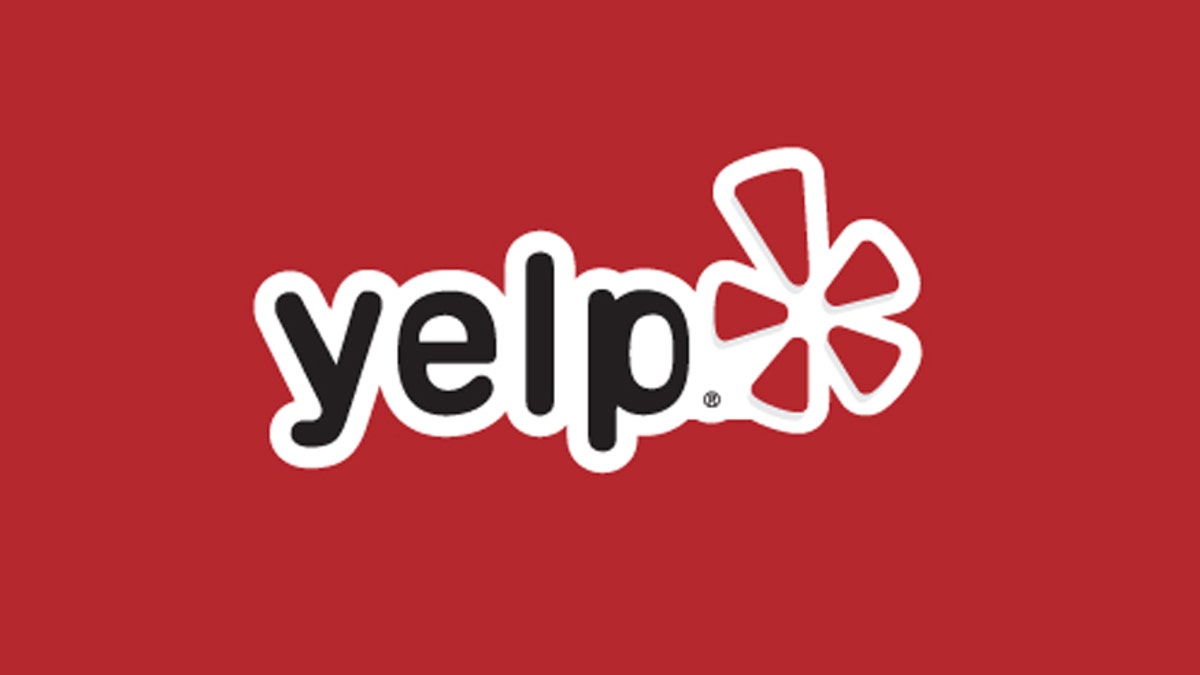
(Yelp)
When your stomach is on the line, who do you trust?
The king of user reviews, now an aspect of nearly every website, is Yelp. Its popularity for covering everything from doctors to diners and mechanics to museums, has earned it a place on many smartphones and even in connected car dashboards. It's a digital omnibus of rankings, for better or worse.
In spite of, or perhaps because of, its success, Yelp has been dogged by allegations that it manipulates rankings, depending on whether or not a business advertises on its site. And while Yelp has been unable to shake off all the fleas, the company has consistently denied the accusations and successfully rebuffed lawsuits. However, one recent court decision ostensibly in the company's favor could end up hurting Yelp's reputation.
Earlier this month, the U.S. 9th Circuit Court of Appeals in San Francisco supported a lower court's dismissal of a lawsuit brought by several small businesses claiming that Yelp had manipulated reviews to extort businesses into advertising. Businesses said that when they refused to advertise, five-star reviews suddenly disappeared and one-star ratings rose to the top.
Not only did the three-judge panel rule that the plaintiffs failed to provide evidence of such extortion, they went one crucial step further. They ruled that it was entirely within Yelp's rights to manipulate the rankings (or “sequence the reviews”) and that threatening businesses that a lack of advertising could hurt their rankings was “at most, hard bargaining.”
So while, technically, the court ruled in Yelp's favor, it ended up impugning the reputation of Yelp more than if the small business plaintiffs had won their case. It gave Yelp the legal imprimatur to, for example, turn around and start deleting negative reviews of advertisers (something, again, it says it does not do). Worse, it may give users one more reason to be wary of the legitimacy of Yelp's reviews.
Not long ago, standing on a street corner in Vienna, jet lagged and saddled with the responsibility of choosing a restaurant for myself and a colleague (my digestion and reputation was at stake) I checked out several apps while standing in front of a row of half of dozen restaurants. Yelp provided reviews, but most diverged significantly from the reality in front of me (“charming” was actually dilapidated; “traditional” was actually fast food). Then I checked TripAdvisor, comparing its ratings against what I was seeing in front of me. I went with the TripAdvisor reviews and had a relaxing, delightful dinner.
It's an experience many of us have had, but we cannot account for the disparity. Did Yelp promote positive reviews because the business was an advertiser? Was that review by a relative — or a competing business owner? Without knowing how reviews are actually ranked, we can't judge the ranking and our trust is diminished. And now a court has essentially said such a service can do as it pleases—even if it presents its content as measure of actual customer sentiment.
It's a conundrum for Yelp, too. The company goes to great lengths to prevent businesses from gaming the system, like flooding it with positive reviews or posting spurious negative reviews against competitors.
"We take seriously our mission that folks can trust and rely on Yelp's content," Vince Sollitto, Yelp's vice president of corporate communications, told FoxNews.com. He also pointed out that just as Google works to prevent businesses from manipulating search rankings, Yelp has to constantly make changes to prevent people from tricking its rankings. However, it's an effort that cannot be transparent, because by doing so it would give hackers insights into how to beat the system.
Foodies in New York City have chastised me for my app naivete. You can't count on Yelp, they flatly tell me. Even an 11-old-year, wise in the ways of the Web, told me, “No one believes what's on Yelp. Duh.”
Such trust issues have led to some interesting battles with Yelp. One restaurant in San Francisco, Botto Bistro, decided that since it couldn't remove itself from Yelp, and it didn't want to advertise, it began a “Hate us on Yelp” campaign. Happy customers were encouraged to post sarcastic one-star reviews in order to drive down Botto Bistro's ranking (it worked). Think of it as a crowd-sourced version of the old adage, “there's no such thing as bad publicity.”
On the other hand, for those of us looking for reliable recommendations, it turns out to be bad publicity - for Yelp.








































